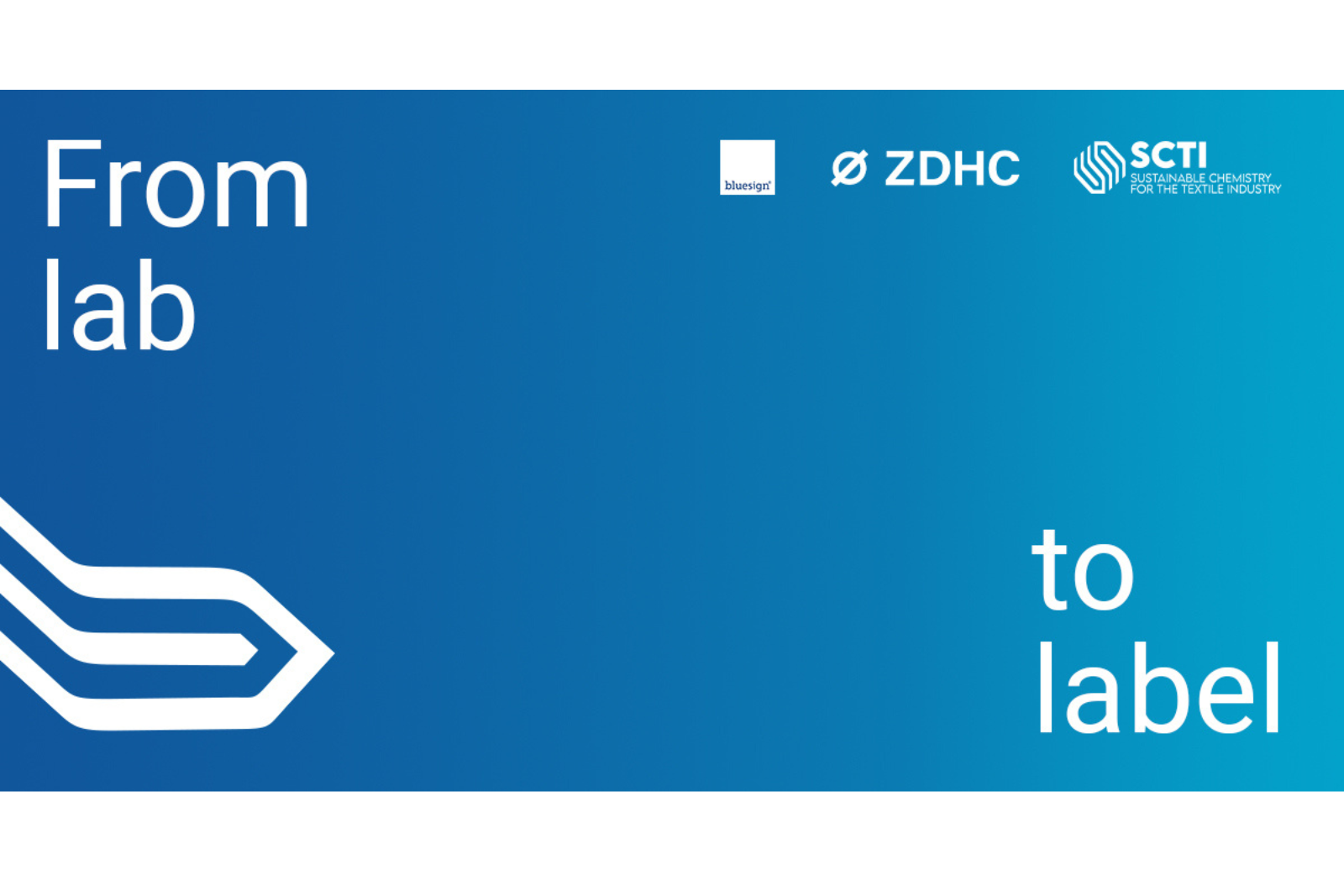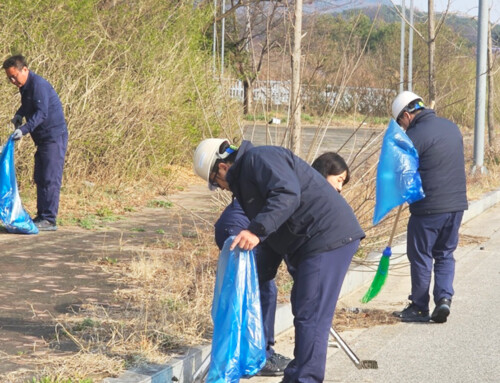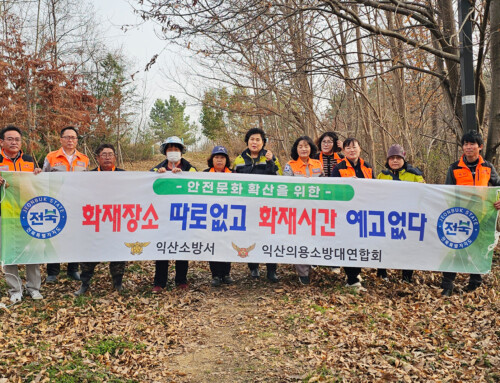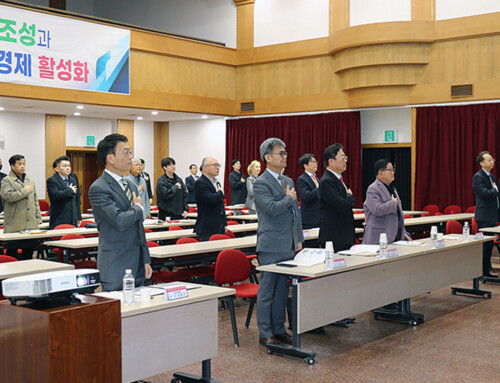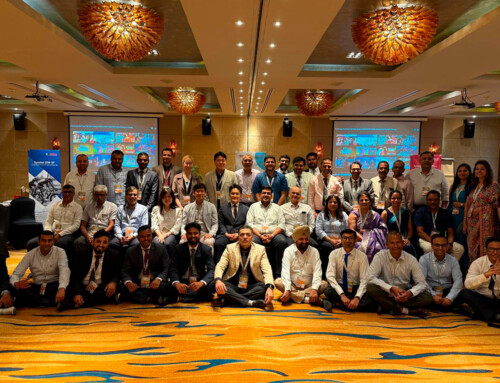PRESS RELEASE:
FROM LAB TO LABEL:
THE CHEMISTRY BETWEEN PRODUCTION AND CATWALKS IS FINALLY RIGHT
bluesign and SCTI donate the pioneering Sustainable Chemistry Index (SCI) Methodology to ZDHC aiming to advance sustainable chemistry within the textile industry.
Singapore, St. Gallen, Amsterdam – June 19, 2024
The textile industry is taking a great step forward in sustainable practices as bluesign and SCTI donate the pioneering Sustainable Chemistry Index (SCI) Methodology to ZDHC. This collaboration aims to revolutionize chemical management in the textile, leather and fashion industries, while addressing environmental impact in a holistic manner.
The Challenge of Harmful Chemicals in Fashion:
For decades, the use of hazardous chemicals in clothing has been a major challenge. Despite industry efforts with numerous overlapping standards and voluntary schemes – the textile, leather and fashion industries struggle with varying regulations, inconsistent data and a lack of common action. Inconsistent regulations, limited transparency, and little coordinated action hinder progress, while consumers do not receive information about the overall environmental impact of these industries.
A Unified Effort for Sustainable Solutions:
Leading organizations in the textile sector are elevating the conversation to tackle these issues head-on with converging assessment tools.
SCTI, a group of innovative and pioneering chemical manufacturers, aims to bring positive change to the textile industry and make sustainable chemistry the norm. bluesign, a renowned sustainability solutions provider, has extensive experience in ensuring safe and responsible chemical management, environmental and worker safety as well as resource efficiency in the production of textiles. The ZDHC Foundation, driven by major fashion brands, is on a mission to detox the fashion industry by providing tools and guidelines for sustainable chemical management.
The Start of the Sustainable Chemistry Index (SCI):
In 2022, SCTI and bluesign announced the development of the first comprehensive Sustainable Chemistry Index (SCI) for the textile industry. The pioneering work leverages best available technologies, while transcending existing chemical assessments, and introduces a one-stop-shopping tool for a broader assessment of environmental impact. Such an approach was missing. Now, the SCI introduces a standard common language for convergence and alignment throughout global textile.
Innovative Parameters for a Sustainable Future:
The SCI brings new parameters to assess how chemical products improve resource utilisation in the processes they are used along the life cycle of a garment. Key building blocks include supply chain transparency, responsible sourcing, feedstock reducing fossil dependency, product carbon footprint, resource consumption, efficiency in use during textile production, end use impact and end-of-life of consumer applications. This transparent framework makes it easier for the industry to evaluate the sustainability impact of chemicals present in a garment and promote circularity.
A Collaborative Donation to Advance the Industry:
To advance and foster industry-wide collaboration, SCTI and bluesign are donating, the SCI to ZDHC as the cornerstone of its Chemicals to Zero (CTZ-A) program. CTZ-A represents the highest level of sustainable chemistry within ZDHC. In 2024, the SCI content will undergo ZDHC’s stakeholder engagement and consultation processes, aiming to enhance the Roadmap to Zero Program by addressing sustainability and circularity. ZDHC will make the SCI content freely available to the public, enabling widespread adoption and impact.
Wolfgang Schumann, Managing Director of RUDOLF, Chairman of SCTI and ZDHC board member, stated, “We have been partnering with all stakeholders involved for some time and recognized that our market has been operating with multiple isolated approaches. Within SCI content, we are converging several approaches, while raising sustainable chemistry to the benefit of our community’
Daniel Rüfenacht, CEO of bluesign, said “As a contributor in the development of Sustainable Chemistry Index, we are glad to continue the journey we have started in 2022 with this initiative, and look forward to working with our partners to further move sustainability forward in our industry.”
Isabella Tonaco, SCTI Executive Director, added “Our initiative elevates collective action to new heights and enables the textile and fashion industries to make sustainable choices by taking full advantage of what solidarity can do to power change.”
Frank Michel, ZDHC CEO, continued. “At ZDHC, our mission is to build a dynamic platform that highlights the transformative journey of sustainable chemistry in the fashion industry. By integrating the SCI as the cornerstone of Chemicals to Zero Aspirational Level and releasing it into our publicly available ZDHC Framework, we’re showcasing true thought leadership essential for driving positive change and engage our wider community of stakeholders on our way forward.”
The ZDHC program is well-positioned to complement the expertise of bluesign and SCTI and to scale its impact within a multistakeholder structure. This collaboration empowers manufacturers and brands to make informed, responsible choices in terms of chemicals and processes, committing to sustainable chemistry and benefiting society.
About SCTI
Founded in October 2020, Sustainable Chemistry for the Textile Industry (SCTI) is an alliance of leading chemical companies that strives to empower the textile and leather industries to apply sustainable, state-of-the-art chemistry solutions that protect factory workers, local communities, consumers and the environment. It has six founding members: Archroma, CHT Group, Kyung-In Synthetic Corporation (KISCO), Pulcra Chemicals, Rudolf and Tanatex Chemicals. In 2022, SCTI teamed up with bluesign to create the Sustainable Chemistry Index (SCI) that enables stakeholders to assess the sustainability of textile chemical products.
About bluesign
The bluesign® SYSTEM is the solution for sustainable textile production. It eliminates harmful substances right from the start of the manufacturing process, and it sets and controls standards for environmentally friendly and safe production. This not only ensures that the final textile product meets very stringent consumer safety requirements worldwide but also gives consumers confidence in purchasing sustainable products.
bluesign technologies ag was founded in 2000. Since then, the bluesign® SYSTEM has been adopted by worldwide leading textile and accessory manufacturers. Various significant key players in the chemical and machine industry rely on the bluesign® SYSTEM, and well-known brands in the outdoor, sportswear and fashion industry trust the extensive knowledge and services of bluesign.
About ZDHC
The ZDHC Foundation leads the fashion industry in preventing hazardous chemicals from being used in fashion production. It unites over 300 Signatories and develops guidelines, platforms and solutions that empower brands, suppliers, and chemical formulators to implement safer and sustainable chemical management.
This enables large-scale change towards zero hazardous chemical discharge across complex global supply chains. By creating the collaborative Roadmap to Zero Programme and equipping the fashion ecosystem with solutions, ZDHC plays an instrumental role in advancing the industry towards responsible chemical use that protects people and the planet.

